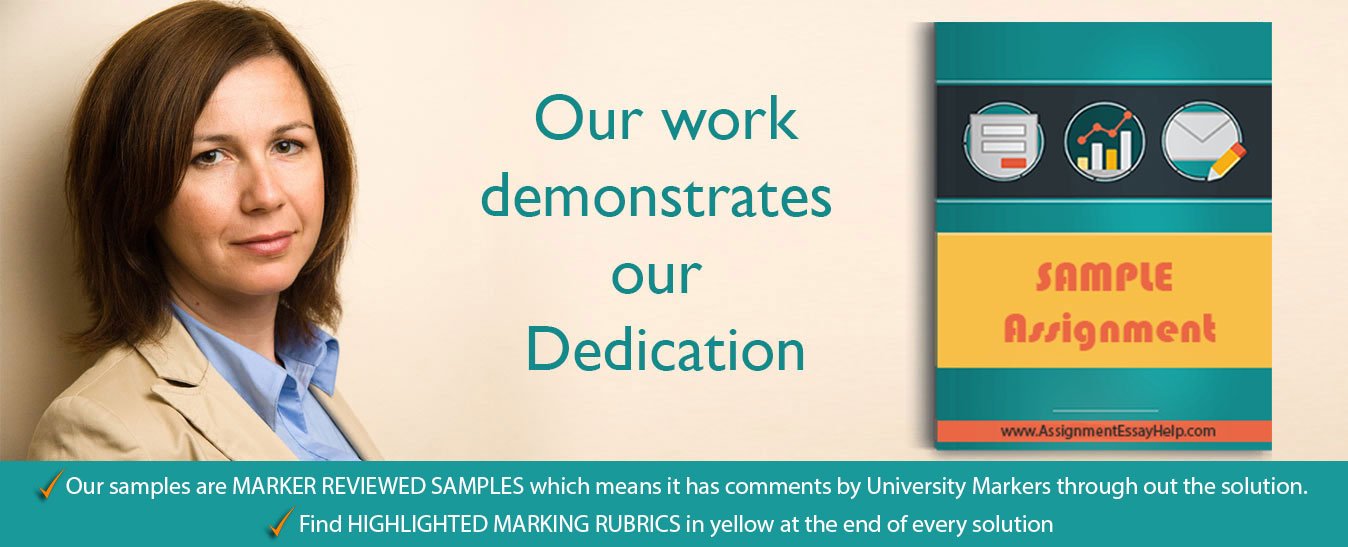
You can download the solution to the following question for free.
For further assistance in Law Assignment help, please check our offerings in Law Assignment solutions. Our subject-matter-experts provide online assignment help to law students from across the world and deliver plagiarism free solution with free Turnitin report with every solution.
(AssignmentEssayHelp do not recommend anyone to use this sample as their own work.)
Law Assignment Question
Question 1
Your husband is injured when a coal seam gas powered appliance in your house leaks. There is no certainty as to why the appliance leaked. The CSG company is afraid of adverse publicity. What action can be taken?
Question 2
A dispute has occurred between 2 companies locked in a race to find the gene that causes cancer. Both are saying that the other has stolen part of their technology. Both are large organisations dependant on public funding to support their research efforts. It would not be good for business if they were seen to be having a fight in public about this. How should they solve the dispute?
Law Assignment Solution
Scenario 1
Mediation is inexpensive as compared to litigation.[1] The family will have to hire an expert to conduct various tests to support the conclusion that the accident was because of the coal sea, gas-powered appliance. Mediation is relatively quicker and allows the parties to revise and adjust the scope of their conflict. Mediation does not work by the schedule of court. Sessions can be planned any time and location at the convenience of all the parties. This provides a time for the husband to recover from the accident and also find the real cause of the accident. The pleadings and procedural laws might restrict the objections which a party can raise in Court but in mediation, topics for discussion change with any change in the circumstances of the problem. The improved flexibleness in the entire process allows negotiators to solve the problem rather than become adverse to one another.[A1]
The solution reached in mediation ensures that it is in agreement with both parties which might not be the case in litigation. The settlement available in court is based on monetary compensation which doesn't suffice in all the cases. In mediation, the parties agree to a settlement requiring action by the other party which may not have been visualised as something advantageous to the second party. The party can recover damages and also stress on the fact that they are saving litigation costs for the Company plus allow the Company to rectify any default in their appliance. The settlement arrived through negotiation is favourable and agreed to by all the parties.[2] Thus the probability of duties under the agreement is more likely to be fulfilled than duties imposed by order of a court.
Mediation may not necessarily follow a consequence in a settlement agreement. The parties might realise that they have spent all their money in vain but a better option would be that they must have their case settled by form of litigation. Mediation also has no formal process to gain information. If one of the parties to a dispute will not be able to completely answer to the case without first receiving information from the other party, there is no statutory provision obligating the disclosure of any information. The other party seeking information cannot guarantee the party's acts to be in good faith. The Company might cover up faults and in bad faith might not be in agreement for the settlement. [A2]
Scenario 2
Expert appraisal is a flexible procedure to resolve the dispute that is a matter of agreement.[3] Contracts for expert appraisal allow for the orders of the expert to be final, thus restricting appeal. The two companies will have an opportunity to get a quicker decision; this will ensure that they don't get entangled in the web of litigation. Since they are public funded, an expert appraisal will ensure that they don't waste limited resource they have on litigation.
An expert appraisal is the most effective way to resolve a dispute where the parties expect a technical dispute specifically arising in which an expert as the decision-maker is very important. The process would be a lot faster than litigation. The procedure can be determined by the expert and process can be made confidential and in the case of no agreement between the parties.[4] The issue in conflict is which of the companies discovered the gene causing cancer first and who stole it. Litigation will mean that it would require that a judge needs to be educated to understand the science and technology applied to discover the gene which is in the case of expert appraisal. Since these researching companies are public funded, it would be in the companies that the conflict does not become public. Hence the confidential nature of this form of alternate dispute resolution will mean that it is a win-win situation for both the researching companies.
The disadvantages [A3] to expert determination are basically the risk of an not so favourable outcome against which there will not be any appeal. Expert appraisal can be undertaken on a non-binding basis. This carries with it a risk of making the parties at dispute into adversaries. This wastes time and money if either of the parties chooses not to be bound by the order of expert.
[1] (Goldberg, 1982)
[2] (Lewicki, 1977)
[3] (Harter, 1987)
[4] (Lawrence E. SusskindSarah McKearnen, 1999)
[A1]The stage is well set
[A2]Summated well
[A3]Stating the disadvantages show that appropriate considerations of all aspect has been made in the scenario


 WhatsApp Us
WhatsApp Us